Ebrahim Raisolsadati commonly known as Ebrahim Raisi was an Iranian politician who served as the eighth president of Iran from 2021 until his death in 2024. A Principlist and a Muslim jurist, Raisi rose to the presidency following the 2021 election.
Raisi held several significant positions within Iran's judicial system over the decades. His roles included:
- Deputy Chief Justice (2004–2014)
- Attorney General (2014–2016)
- Chief Justice (2019–2021)
During the 1980s and 1990s, he served as Prosecutor and Deputy Prosecutor of Tehran. He was also the Custodian and Chairman of Astan Quds Razavi, a major charitable foundation, from 2016 to 2019. Additionally, Raisi was elected to the Assembly of Experts from South Khorasan Province in 2006. He was notably connected to Ahmad Alamolhoda, the Mashhad Friday prayer leader and Grand Imam of the Imam Reza shrine, as his son-in-law.
Raisi first ran for president in 2017 as the candidate of the conservative Popular Front of Islamic Revolution Forces, but he lost to the moderate incumbent president Hassan Rouhani, garnering 38.3% of the votes to Rouhani's 57%. In 2021, Raisi ran again and won with 62.9% of the vote amidst allegations of electoral rigging in his favor, a process many believed was influenced by Supreme Leader Ali Khamenei.
Raisi's tenure in the judicial system and his role in the 1988 mass executions of political prisoners earned him the nickname "the butcher of Tehran" and a place on the "death committee." This period led to international condemnation and sanctions, including those from the U.S. Office of Foreign Assets Control under Executive Order 13876. Human rights organizations and United Nations special rapporteurs accused him of crimes against humanity.
As president, Raisi's administration was marked by significant challenges and controversies:
- Deadlock in JCPOA Negotiations: Raisi's hardline stance led to stalled negotiations with the United States over the Joint Comprehensive Plan of Action.
- Protests and Civil Unrest: The death of Mahsa Amini in September 2022 sparked widespread protests across Iran, highlighting discontent with Raisi's government.
- Nuclear Program: Under Raisi, Iran intensified its uranium enrichment activities and restricted international inspections.
- International Relations: His administration supported Russia in its invasion of Ukraine and launched a missile and drone attack on Israel during the Gaza conflict, while continuing to arm proxy groups like Hezbollah and the Houthi movement.
On 19 May 2024, Raisi, along with Foreign Minister Hossein Amir-Abdollahian and other officials, died in a helicopter crash near Varzaqan. This incident abruptly ended his presidency and his potential succession to Khamenei as Supreme Leader. State-run media confirmed their deaths, which sent shockwaves through Iranian politics and left a complex legacy of Raisi's leadership and judicial actions.
Ebrahim Raisi's career was characterized by his staunch conservative views, controversial judicial decisions, and a presidency fraught with domestic and international challenges. His death marks a significant moment in Iranian history, closing the chapter on a polarizing figure whose impact will be debated for years to come.
End/v7n/aj/dk



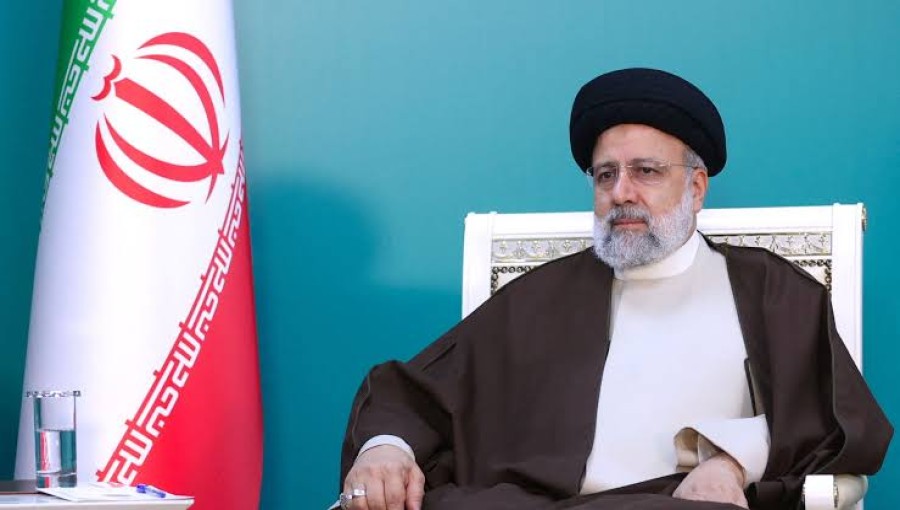





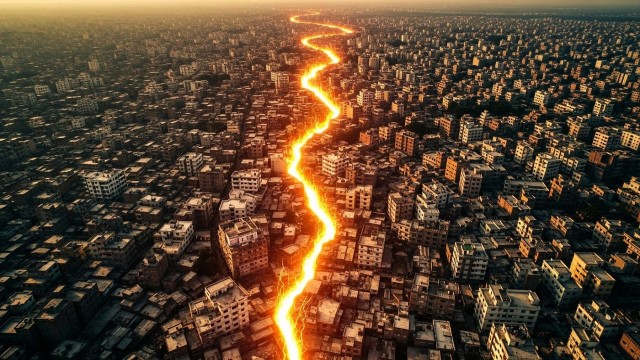
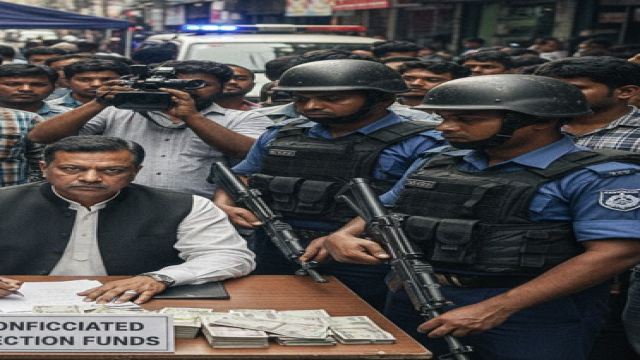
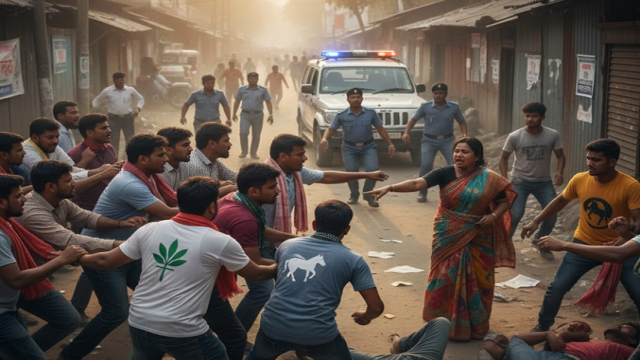
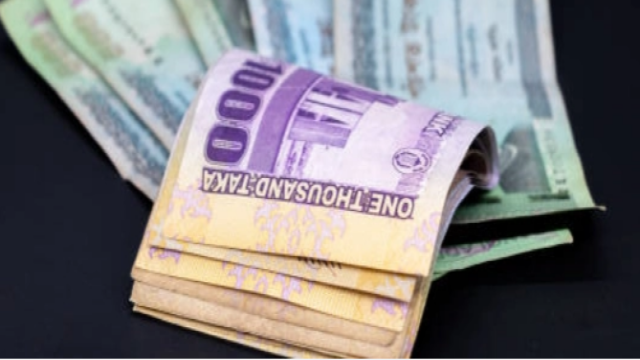
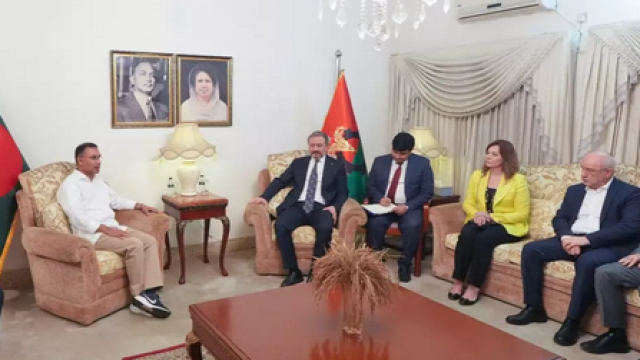
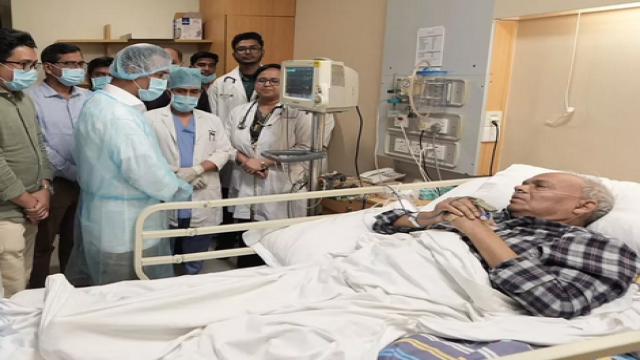
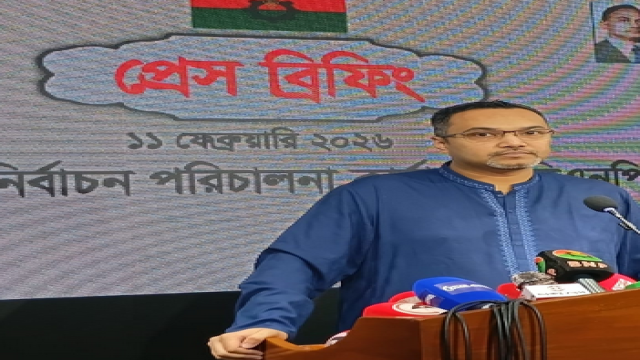
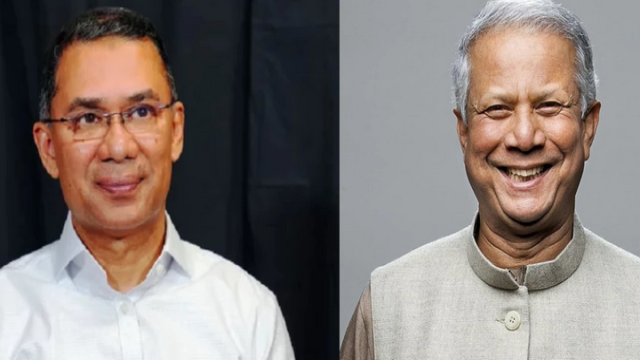
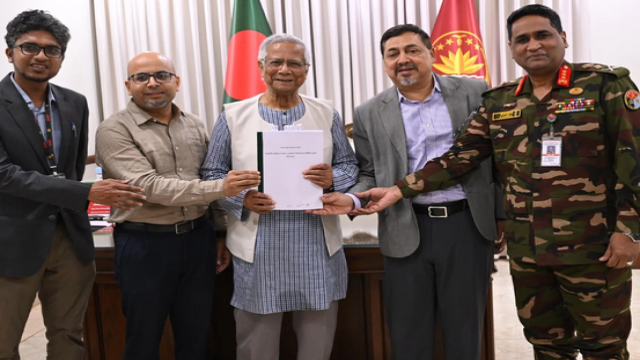
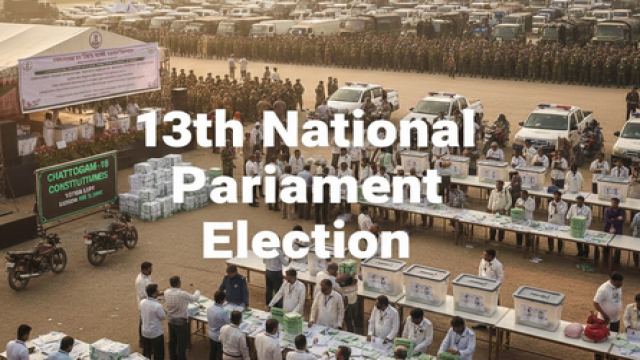
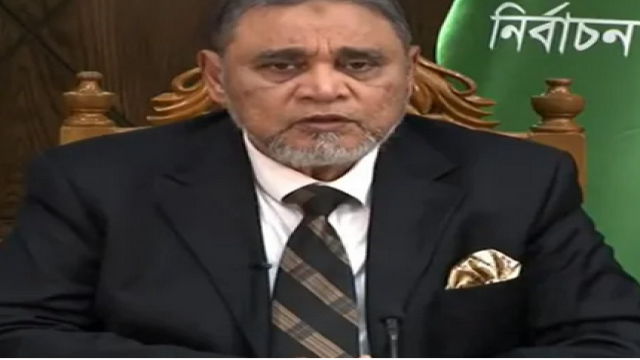











Comment: